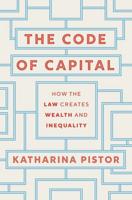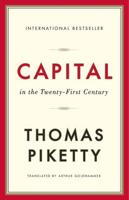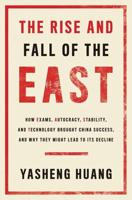Publisher's Synopsis
India's impressive economic growth over the last two and a half decades has brought India's role and interests to the forefront of global politics and statecraft. Importantly, it has put India into a comparative perspective with China, another aspiring Asian great power poised to stiffen competition for resources and influence worldwide. Both are resource-hungry and rapidly emerging powers seeking a new place and role in the global and regional orders. Both are also strategic rivals and consider their immediate neighborhood of Central Asia of growing strategic importance to their grand strategies. For now, China has outperformed India in Central Asia on all counts, securing the region as a key resource base and platform for power projection. India launched the "Connect Central Asia" policy in 2012 to shore up its presence, but the policy has not yet secured for it even a remotely comparable stake in the region due to aspects of India's strategic culture and geopolitical constraints. Meanwhile, the U.S. strategic presence in the region leaves much to be desired. The United States is withdrawing from Afghanistan without major political or military gains from the conflict that has cost it and its partners a fortune in lives and money. The future of its military infrastructure and relationships with countries in Central-South Asia is a big unknown, with regional partners equating the U.S. military pullout with its waning commitment to support the regional economic and security order. To help unlock their strategic potentials, Delhi and Washington should join forces and cultivate a strategic partnership that makes Central Asia its major pillar. Until then, neither Delhi, nor Washington is likely to succeed.










